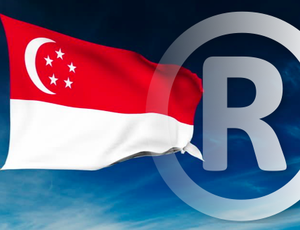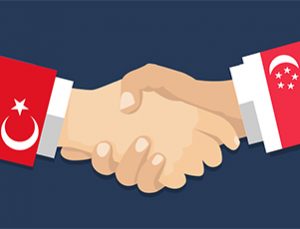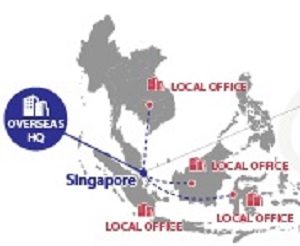Malaysia’s 2018 Budget: Salient Features
On October 27, 2017, Malaysia’s Prime Minister Najib Abdul Razak tabled the country’s much anticipated 2018 budget. The budget proposes several tax incentives for investors and venture capital firms. In this article, we look at the salient features of the budget and their implications for businesses.
Payroll Outsourcing in Singapore: Allowing Companies to Focus on Regional Expansion in ASEAN
Payroll outsourcing effectively reduces a firm’s overall liabilities and costs, and ensures that more time and resources get spent on critical business functions. In this article, we discuss the various benefits of outsourcing ASEAN payroll to a reliable third-party payroll processing provider in Singapore.
Investing in Cambodia’s Phnom Penh
Phnom Penh is endowed with several advantages for export-oriented manufacturing industries, such as access to cheap labor, and its connectivity with several well-established foreign markets. Read more in our latest article.
Top Three IPR Mistakes that SMEs Should Avoid in Southeast Asia
While trade and investment in Southeast Asia can lead to substantial returns for Western businesses, the less developed nature of the region’s IP regime means the dangers of infringement are often great. South-East Asia IPR SME highlights the top three IPR mistakes SMEs should avoid in Southeast Asia.
Thailand’s New Customs Act: A Relief for Importers and Exporters
Thailand’s new Customs Act will come into force from November 13, 2017. With an aim to modernize Thailand’s customs law, the revised Act will significantly ease customs procedures and bring transparency in the country’s customs law. Read more about these changes in our latest article.
Singapore’s Patent Law: What You Need to Know
Singapore’s Intellectual Property (IP) legal framework is very comprehensive and is generally considered to be one of the most thorough in Asia. In this article, South-East Asia IPR SME Helpdesk discusses the main features of Singapore’s patent law.
Singapore’s Inward Re-Domiciliation Regime: What You Need to Know
One of the key amendments to the Singapore Companies Act, the inward re-domiciliation regime allows foreign companies to relocate their business headquarters to Singapore instead of setting up subsidiaries, without losing their corporate history or brand identity. Read more in our latest article.
Singapore’s Free Trade Agreement with Turkey Comes into Force
The much-awaited Turkey-Singapore Free Trade Agreement (TRSFTA) went into effect on October 1, this year. The agreement paves the way for freer movement of goods and services, and further investment opportunities between the two countries. Read more.
IP Protection in the Philippines Pharmaceutical Industry
In this article, South-East Asia IPR SME Helpdesk discusses the strategies foreign companies should adopt to enforce their intellectual property rights in the Philippines pharmaceutical industry.
Singapore as a Payroll Processing Center for Companies in ASEAN
Companies centralizing their payroll in Singapore benefit from the country’s double advantage of housing many regional headquarters as well as the country’s strong connectivity to other ASEAN states. Read more.



















